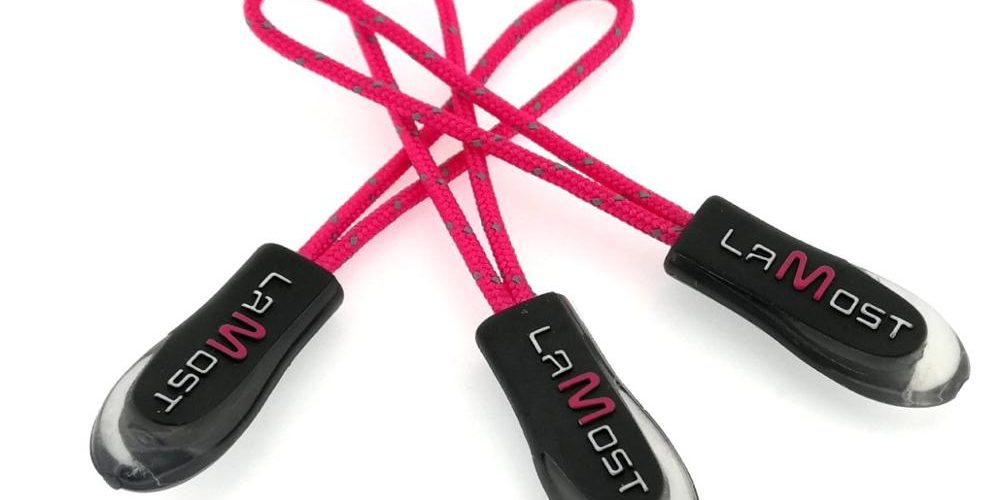In the world of fastenings, plastic zippers have carved out a significant niche. However, how do they fare against other zipper options? This article undertakes a comprehensive comparison of plastic zippers with their alternatives, unraveling their distinct advantages and applications.
Advantages of Plastic Zippers:
- Lightweight: Plastic zippers are exceptionally lightweight, making them ideal for lightweight fabrics and accessories.
- Corrosion Resistance: Unlike metal zippers, plastic zippers are immune to rust and corrosion, making them perfect for water-resistant and outdoor applications.
- Color Diversity: The range of color options in plastic zippers allows for seamless integration into various designs, offering enhanced aesthetic appeal.
- Cost-Effective: Plastic zippers often come at a lower cost compared to metal alternatives, making them a budget-friendly choice for mass-produced items.
Applications of Plastic Zippers:
- Casual Clothing: Plastic zippers find favor in casual clothing, sportswear, and activewear due to their lightness and ease of use.
- Children’s Garments: Their smooth operation and lack of sharp edges make plastic zippers a safer option for children’s clothing.
- Outdoor Gear: The corrosion-resistant properties of plastic zippers make them ideal for outdoor gear like rain jackets, tents, and backpacks.
Disadvantages:
- Durability: Plastic zippers may not be as durable as their metal counterparts, particularly in heavy-duty applications.
- Weight Limitations: They might not be suitable for items that require heavy-duty closures due to their lightweight construction.
To optimize your content for search engines, utilize keywords like “plastic zipper comparison,” “plastic zipper vs metal,” and “pros and cons of plastic zippers.” This ensures your article remains both informative and discoverable by search engines.


















